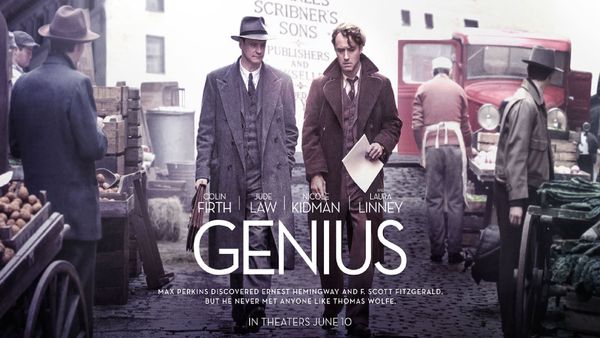Dispatches from Home: Look Homeward, Angel October 20 2021

“A destiny that leads the English to the Dutch is strange enough; but one that leads from Epsom into Pennsylvania, and thence into the hills that shut Altamont over the proud coral cry of the cock, and the soft stone smile of an angel, is touched by that dark miracle of chance which makes new magic in a dusty world.” Thus begins Thomas Wolfe’s first novel, “Look Homeward, Angel.”
I was first introduced to Mr. Wolf in college, but didn’t read “Look Homeward, Angel” until the late 90s. I reread the novel a few years back and was once again smitten by Wolfe’s rich, ornate prose and emotionally charged style. His meticulous attention to detail brings to life this coming-of-age story – largely autobiographical – about Eugene Gant, a young man who yearns to experience life to the fullest. This lust for life takes him from his mother’s boardinghouse, Dixieland, in the fictional town of Altamont, North Carolina, to Harvard.
The novel is divided into three parts, each dealing with different “chapters” in Eugene’s life, highlighting aspects of his family’s dysfunctional lifestyle. The story is characterized by a bleak depiction of life in Altamont in the days before the First World War. Loneliness and death, insanity and alcoholism, stitched together with the racial segregation of the day, are the threads that bind the story together.
When published in 1929, the novel generally garnered positive reviews, most praising the author’s brilliant writing. One review called it a “sensation” and described it as having struck the literary world by storm. Over the years, Wolfe’s novel has remained popular. However, current critics like Harold Bloom and James Wood have criticized the book as “undisciplined and a largely formless autobiography.” Perhaps, “Tom Wolfe’s big sprawling powerful pouring prose would have been better served in neater packages of sweeter stuff.” Please read it and make your own judgment as to its literary merits.
The novel’s last paragraph reads: “Yet, as he stood for the last time by the angels of his father’s porch, it seemed as if the Square already were far and lost; or, I should say, he was like a man who stands upon a hill above the town he has left, yet does not say ‘The town is near,’ but turns his eyes upon the distant soaring ranges.”


